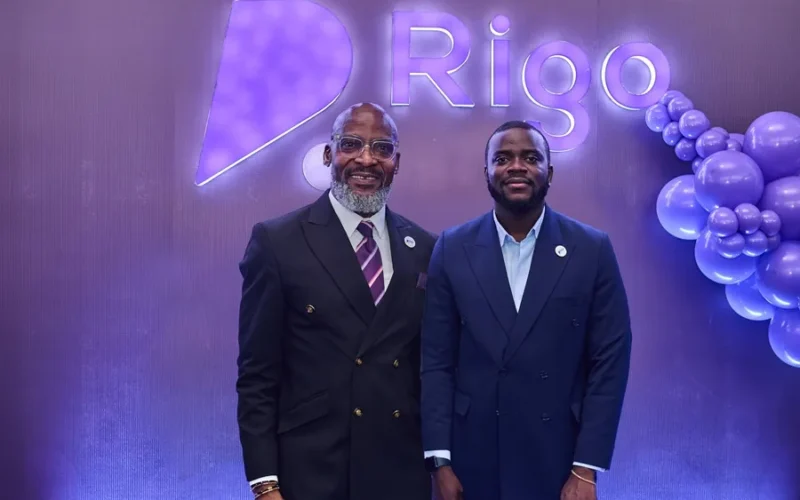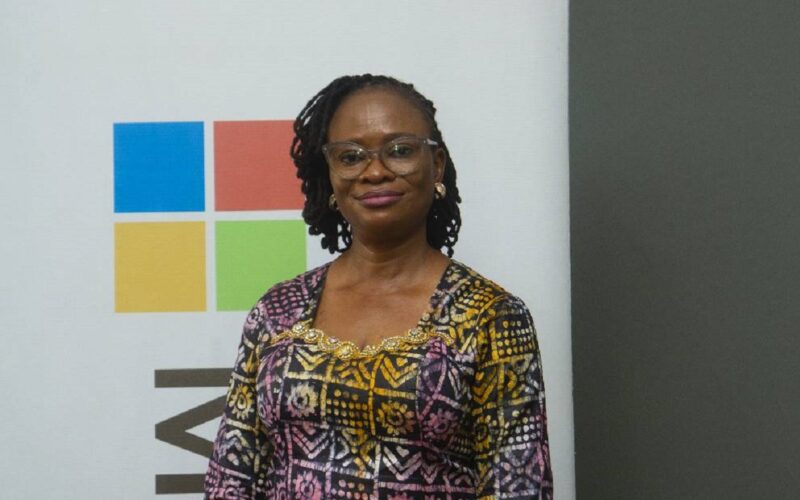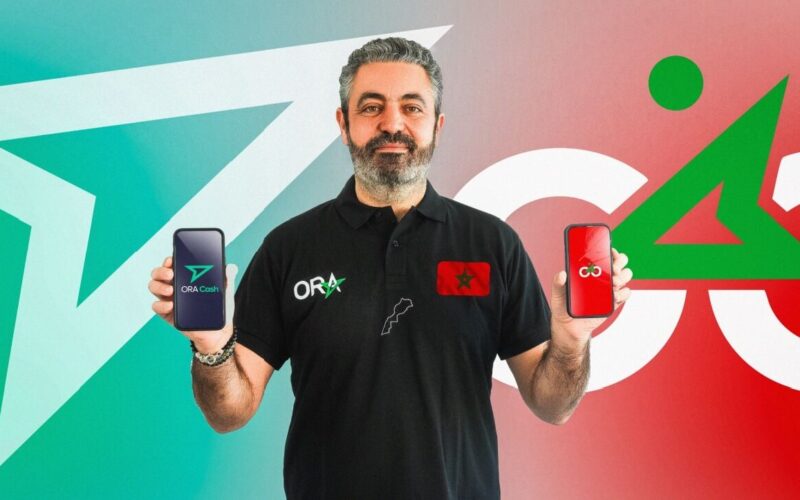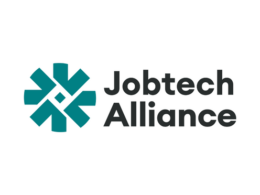Nigerian e-health startup NucleusIS has undergone a major transformation, rebranding and relaunching as RIGO Incorporated with an ambitious plan to digitize Africa’s massive but fragmented healthcare economy.
The Lagos-based company, founded in 2019, has quietly built enterprise technology infrastructure that now serves seven major health insurance companies and care providers across Nigeria. But the rebrand signals something bigger: a shift from point solutions to becoming the backbone of Nigeria’s healthcare financial system.
From health insurance tech to healthcare infrastructure
RIGO’s journey began as NucleusIS, focusing primarily on enterprise technology for health insurers. The company developed APIs for health insurance distribution and forged partnerships with retail chains and telecom operators to expand access to healthcare coverage.
The startup gained traction after participating in the Africa Startup Initiative Programme (ASIP), run by Startupbootcamp AfriTech in partnership with mobile operator Telecel in 2021. But founder and CEO Kayode Odeyinde realized the company’s technology could solve much broader problems in Nigeria’s $15 billion healthcare market.
“We started as a health insurance distribution company, but we kept seeing the same problems everywhere we looked,” Odeyinde told TechCrunch. “Hospitals couldn’t get paid on time, pharmacies struggled with inventory financing, HMOs had cash flow issues. We realized we weren’t just solving insurance problems—we were solving infrastructure problems.”
Dual-platform strategy targets healthcare’s financial gaps
RIGO now operates through two integrated platforms: RIGO Tech and RIGO Finance. The combination creates what the company calls a “vertical SaaS and embedded finance stack” specifically designed for Nigeria’s complex healthcare ecosystem.
RIGO Tech handles the operational side—claims processing, patient management, inventory tracking, and provider networks. Meanwhile, RIGO Finance addresses the chronic cash flow problems that plague African healthcare, offering working capital, equipment financing, and payment solutions.
The platforms now serve thousands of hospitals, clinics, pharmacies, HMOs, and medical suppliers across Nigeria, according to the company. Integration between the two sides allows RIGO to underwrite financial products based on real operational data from healthcare providers.
“We’re no longer just a lender, we’re an enabler,” Odeyinde said. “RIGO is infrastructure for healthcare. Finance, operations, integrations, all from one connected platform.”
Tackling Africa’s healthcare financing crisis
The rebrand comes as African healthcare systems face a perfect storm of challenges. The continent accounts for 24% of global disease burden but receives only 1% of global health expenditure, according to the World Health Organization. Nigeria, with over 200 million people, has one of the world’s largest uninsured populations.
Traditional healthcare financing in Nigeria relies heavily on out-of-pocket payments, which account for about 75% of health expenditure. This creates cash flow problems throughout the system—patients can’t afford care, providers can’t collect payments, and suppliers can’t get paid for medical equipment and pharmaceuticals.
RIGO’s embedded finance approach aims to oil these financial friction points. By combining operational data with financial services, the company can offer tailored credit products to different players in the healthcare value chain.
Expansion plans across Africa
While RIGO remains focused on Nigeria for now, the company has broader ambitions across Africa’s healthcare markets. The continent’s healthcare sector is expected to reach $259 billion by 2030, driven by population growth, urbanization, and increasing healthcare awareness.
“Nigeria is just the beginning,” Odeyinde said. “Every African healthcare market has similar infrastructure problems. Once we prove the model works here, expansion becomes much more straightforward.”
The company hasn’t disclosed funding details, but Odeyinde indicated that RIGO is currently raising a Series A round to fuel expansion and product development. The round will reportedly support the company’s goal of serving 10,000+ healthcare providers across Nigeria by end of 2025.
Competition and market dynamics
RIGO enters a increasingly crowded African healthtech space. Companies like Kenya’s CarePay, South Africa’s Discovery Health, and Nigeria’s Helium Health are building similar infrastructure plays in different markets.
But Odeyinde argues that RIGO’s integrated approach to technology and finance gives it a unique advantage. “Most healthtech companies are either pure software plays or pure lending plays,” he said. “We’re the first to really integrate both sides deeply.”
The rebrand also positions RIGO to compete more effectively with traditional financial institutions and fintech companies that are beginning to target healthcare verticals across Africa.
As healthcare digitization accelerates across the continent, RIGO’s bet is that success will go to platforms that can solve both operational and financial challenges simultaneously. With thousands of providers already on the platform, the company appears well-positioned to test that thesis at scale.












